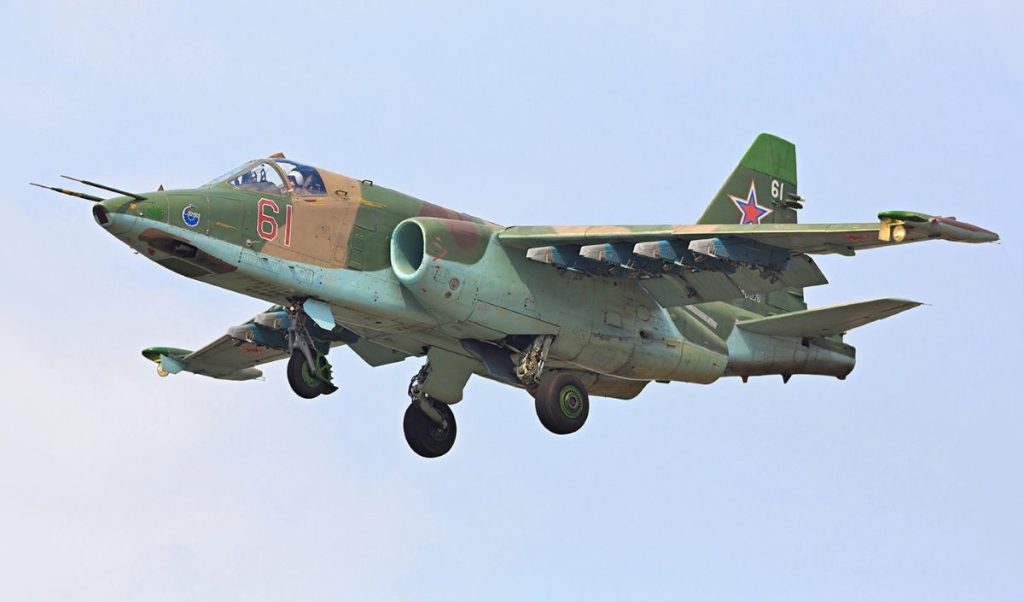Western sanctions were meant to cripple Russian aviation. Instead, over 4,000 covert shipments have kept the fleet flying.
Others are reading now
When Western powers banned aircraft parts exports to Russia after its full-scale invasion of Ukraine, the goal was to ground Moscow’s commercial aviation fleet and tighten the economic noose.
But nearly three years later, an investigation by Finnish media outlet Yle reveals another reality. Russia has quietly imported nearly €1 billion ($1.2 billion) in Airbus and Boeing aircraft parts since the sanctions began.
The scale is staggering—more than 4,000 shipments between February 2022 and September 2024, involving over 360 global companies, primarily from the UAE, Gabon, China, and Türkiye.
From radar systems and engines to seat cushions and ice detectors, Russia is still flying high, albeit via the back door.
Also read
The Parts Keep Coming, The Planes Keep Flying
The circumvention of sanctions goes deeper than just spare parts. Many of the aircraft in question were initially leased from Western companies.
When sanctions hit, leasing contracts were canceled, but the planes stayed put. Russia re-registered over 500 jets, worth up to €10 billion, under its own aviation authority.
Without access to official maintenance and support from Airbus or Boeing—both of which say they’ve completely withdrawn from the Russian market—Russian airlines turned to cannibalization and the grey market.
In 2022, Reuters reported that Aeroflot was stripping grounded jets to keep others in the air. Now we know how the missing parts have been replenished.
Safety Takes a Back Seat
Professor Stephen Wright of Technological University Dublin warns that operating without certified parts or technical support undermines aviation standards.
Safety incidents involving Russian aircraft have more than doubled, from 37 in 2022 to 81 in 2023. These include flights relying on makeshift maintenance and parts of questionable origin—some of which may be dual-use components that could also benefit Russia’s military aviation.
“Russia can keep flying,” says Wright, “but not safely and not forever.”
The Shadow Supply Chain
The United Arab Emirates alone accounted for nearly one-third of all aircraft parts shipped to Russia during the sanctions period. As the UAE has not imposed sanctions on Russia, it has become a central hub for rerouting goods via intermediary companies.
Neither Airbus nor Boeing claims to have any visibility into these back channels.
Airbus told Yle it complies with all relevant laws and has mechanisms to trace official parts—but admits there’s no way to track counterfeit or undocumented components.
Boeing echoed the same stance, noting it suspended all support in early 2022 and adheres to U.S. and global sanctions.
Yet despite these denials, the parts continue to move—and the jets continue to fly.


